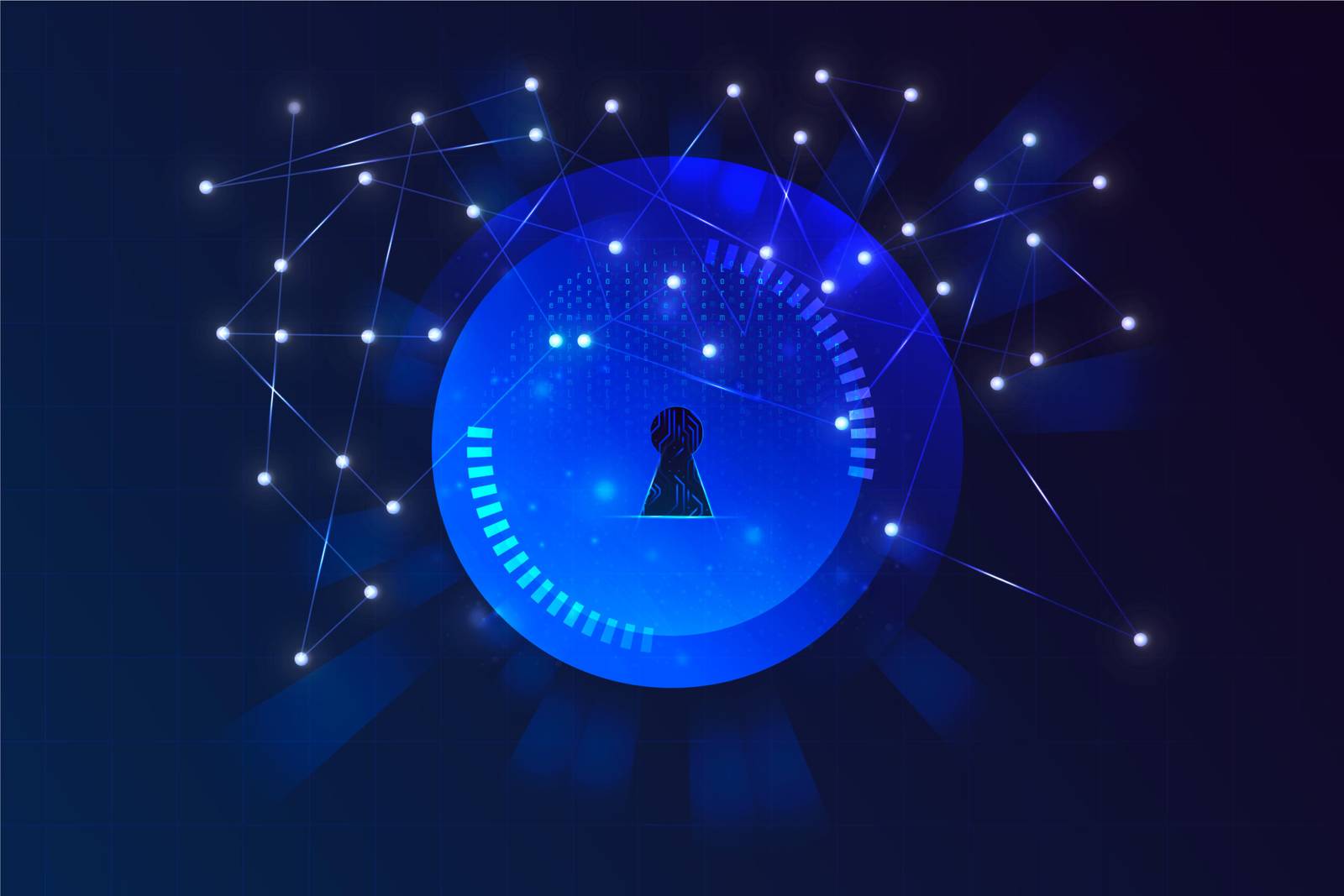Quantum Encryption: Securing Data in an Uncertain World

by Web Digital
In an increasingly digital and interconnected world, the security of data and communications is paramount. With the advent of quantum computing, traditional encryption methods face a growing threat. To address this challenge, quantum encryption emerges as a cutting-edge solution. This article explores the world of quantum encryption, its revolutionary capabilities, and how it is poised to secure data in an uncertain and technologically advanced future.
1. The Quantum Computing Threat
Quantum computing, a field that leverages the principles of quantum mechanics, holds immense promise for solving complex problems at speeds far beyond the capabilities of classical computers. However, this power also poses a significant threat to traditional encryption methods.
Classical encryption relies on mathematical algorithms that are challenging for classical computers to crack. However, quantum computers have the potential to break these encryption schemes using algorithms like Shor’s algorithm. This development could jeopardize the security of sensitive data and communications across various sectors, from finance and healthcare to national defense.
2. Understanding Quantum Encryption
Quantum encryption leverages the principles of quantum mechanics to secure data in a fundamentally different way. At its core is the phenomenon of quantum entanglement, where two particles become interconnected in such a way that the state of one particle is linked to the state of the other, no matter the distance that separates them. This property forms the basis of quantum key distribution (QKD), a key component of quantum encryption.
3. Quantum Key Distribution (QKD)
QKD is a quantum-secure communication method that relies on the exchange of entangled quantum particles, typically photons. Here’s how it works:
– Quantum Key Generation: Alice generates a stream of entangled photons, encoding them with random quantum states. She sends these photons to Bob.
– Photon Measurement: Bob receives the photons and measures their quantum states. Due to the principles of quantum mechanics, any attempt to intercept the photons will alter their states, alerting Bob and Alice to potential eavesdropping.
– Key Exchange: After Bob’s measurements, Alice and Bob compare a subset of their photon measurements. These measurements form a secure quantum key that can be used for encryption.
– Encryption and Decryption: Alice and Bob can now use this quantum key to encrypt and decrypt their communications. Any eavesdropping attempt would disrupt the quantum states of the photons, making the intrusion detectable.
4. Quantum Encryption Advantages
Quantum encryption offers several advantages over classical encryption:
– Unbreakable Security: The security of quantum encryption relies on the fundamental principles of quantum mechanics, making it theoretically unbreakable. Any attempt to intercept the quantum key would inevitably disturb the entangled particles, leaving a detectable trace.
– Future-Proofing: Quantum encryption is designed to withstand the threat posed by quantum computers. As quantum computing advances, quantum encryption remains secure, ensuring data protection in the quantum era.
– Global Secure Communication: Quantum encryption enables secure communication over long distances, making it suitable for secure communications between entities worldwide.
– Data Integrity: Beyond encryption, quantum technologies can be used to detect any unauthorized changes to transmitted data, ensuring data integrity.
5. Current Challenges and Limitations
While quantum encryption holds immense promise, it faces practical challenges and limitations:
– Infrastructure Requirements: Implementing quantum encryption requires specialized infrastructure, including quantum key distribution systems and quantum-safe cryptographic algorithms. Setting up this infrastructure can be an expensive endeavor.
– **Distance Limitations:** Quantum key distribution is effective over limited distances due to photon loss in optical fibers. Quantum repeaters are being developed to extend these distances, but they are still in the experimental phase.
– Complexity: Quantum encryption systems can be complex to set up and maintain, requiring expertise in quantum physics and quantum technology.
– High Costs: Quantum encryption technologies are currently expensive, limiting their widespread adoption.
6. The Quantum Encryption Landscape
Despite these challenges, quantum encryption is making significant progress:
– Commercial Adoption: Quantum encryption systems are gradually becoming commercially available, with companies and governments investing in their development and deployment.
– Global Initiatives: Countries and organizations are recognizing the importance of quantum encryption for national security and critical infrastructure protection. Initiatives are underway to advance quantum technology research and development.
– Interdisciplinary Collaboration: Quantum encryption requires collaboration between experts in quantum physics, computer science, and cybersecurity. This interdisciplinary approach is driving innovation in the field.
7. The Future of Quantum Encryption
The future of quantum encryption is promising:
– Quantum Internet: Researchers are working toward the development of a quantum internet, a network that leverages quantum communication for unprecedented levels of security and data privacy.
– Quantum-Safe Cryptography: Cryptographers are developing quantum-resistant cryptographic algorithms that can secure data in the post-quantum computing era.
– Integration with Current Infrastructure: Efforts are underway to integrate quantum encryption with existing classical encryption systems, providing an added layer of security.
8. Conclusion: Securing Data in an Uncertain World
As quantum computing advances, the need for quantum encryption becomes increasingly urgent. This cutting-edge technology harnesses the principles of quantum mechanics to provide unbreakable security and protect sensitive data and communications. While practical challenges exist, ongoing research, interdisciplinary collaboration, and global initiatives are driving the development and adoption of quantum encryption solutions. In an uncertain and technologically evolving world, quantum encryption stands as a beacon of security, ensuring that our digital future remains private and protected.
Recommended Posts

Exploring Innovative Technologies in Ajax Digital Marketing
November 23, 2024


